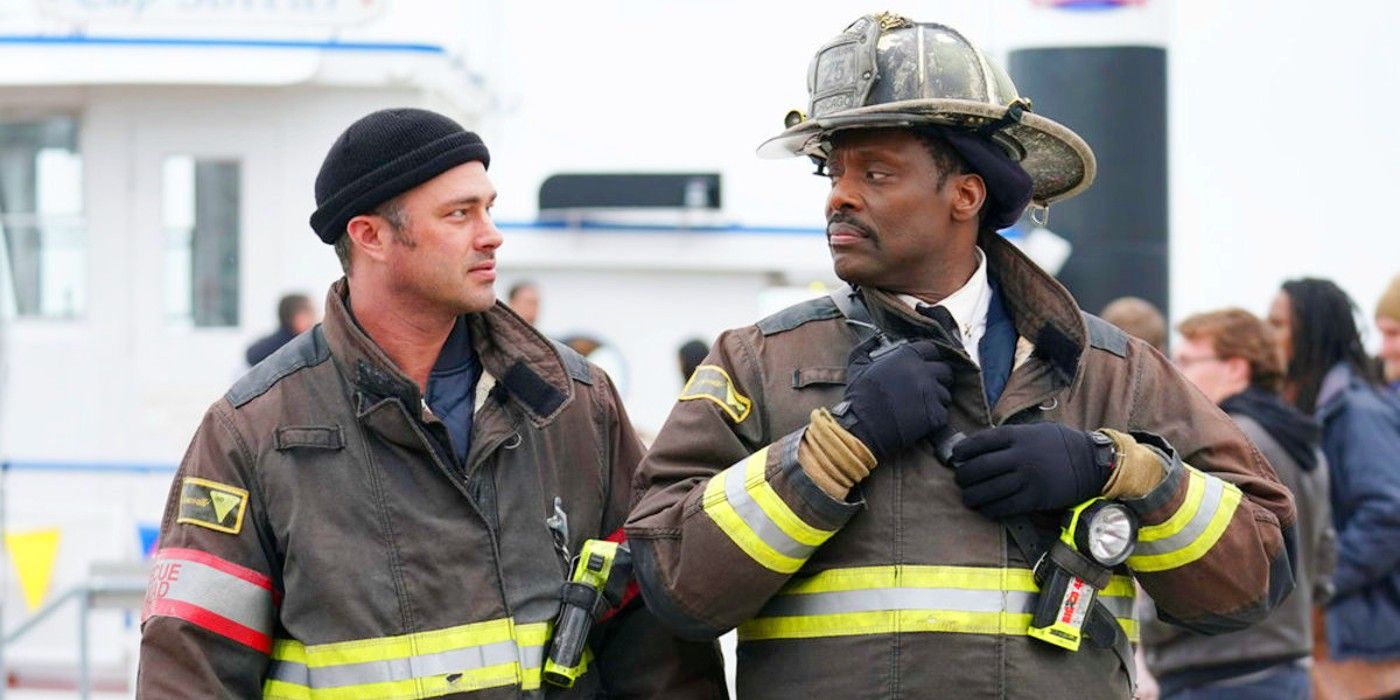For over a decade, Chicago Fire has ignited screens with heart-stopping rescues and deeply human stories. But what sets this long-running NBC drama apart isn’t just the fire—it’s the way it handles change, loss, and resilience. With a revolving door of characters over twelve seasons, Chicago Fire has managed to keep fans emotionally invested by embracing what many shows avoid: the reality that nothing—and no one—lasts forever.
From shocking deaths to heartfelt goodbyes, the series has never shied away from the hard stuff. One of the first major heartbreaks came with the death of Leslie Shay, a fan-favorite paramedic whose bond with Severide felt like family. Her death in Season 3 sent emotional shockwaves through Firehouse 51, especially for Severide, who lost not just a roommate, but a soulmate in many ways. Shay’s absence wasn’t glossed over—it was felt, mourned, and ultimately honored through the arrival of Sylvie Brett.
Brett didn’t replace Shay—no one could. But her entry brought new energy and depth to the show’s emotional center. Over time, Brett evolved into a cornerstone character in her own right, her journey full of grit, growth, and quiet strength. Her relationship with Casey, though bittersweet and short-lived due to his departure, added another layer of emotional complexity.
And then there was Gabriela Dawson, whose fiery relationship with Casey anchored the show’s romantic storyline for years. Her departure for humanitarian work in Puerto Rico was a painful goodbye, but it also felt true to her character. When she briefly returned in Season 8, it wasn’t just fan service—it was closure.
As older characters left, new faces arrived to carry the torch. Darren Ritter, Blake Gallo, and Eric Mason each brought something fresh to the firehouse. Ritter’s compassion, Gallo’s impulsive energy, and Mason’s redemptive backstory added richness to the narrative. Meanwhile, Violet Mikami’s rise within the EMS team brought humor, depth, and a touch of rebellion that kept things interesting.
Through it all, Chief Wallace Boden has remained the heart of Firehouse 51. His steady leadership, rooted in empathy and unwavering principles, has provided a constant amid the chaos. Whether facing political pressure or personal loss, Boden’s presence is a grounding force—one that allows the rest of the firehouse to thrive, no matter how many changes come their way.
Chicago Fire is more than a procedural—it’s a reflection of life’s unpredictability. It shows us that grief lingers, love evolves, and strength often lies in moving forward. The friendships, romances, and familial bonds that form inside Firehouse 51 aren’t just plot devices—they’re lifelines. And as Season 14 looms with the promise of layoffs, retirements, and fresh starts, one thing is clear:
No matter who leaves, Firehouse 51 endures. Because at its core, Chicago Fire isn’t just about fighting flames—it’s about surviving them.